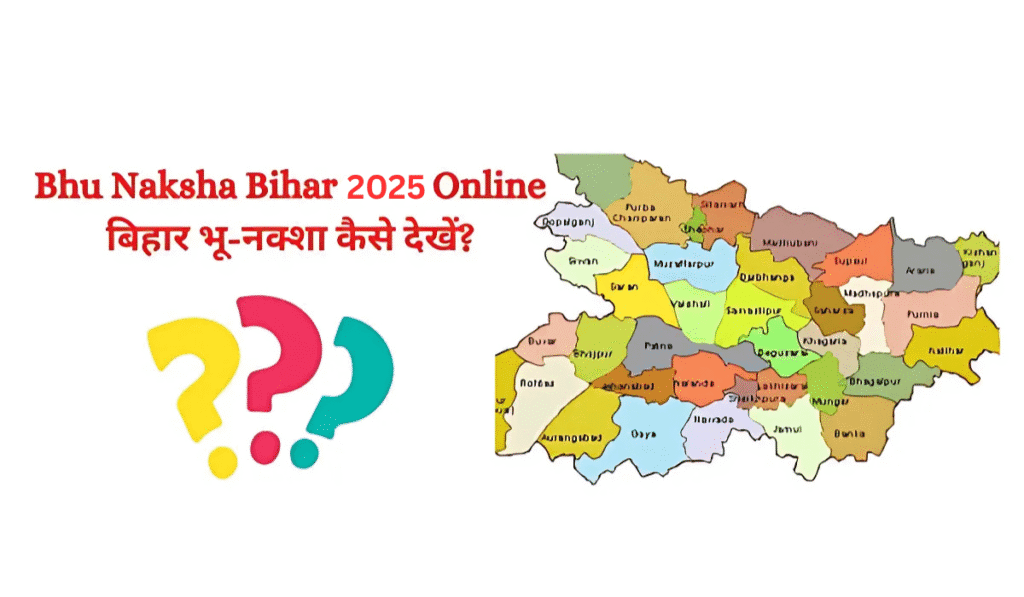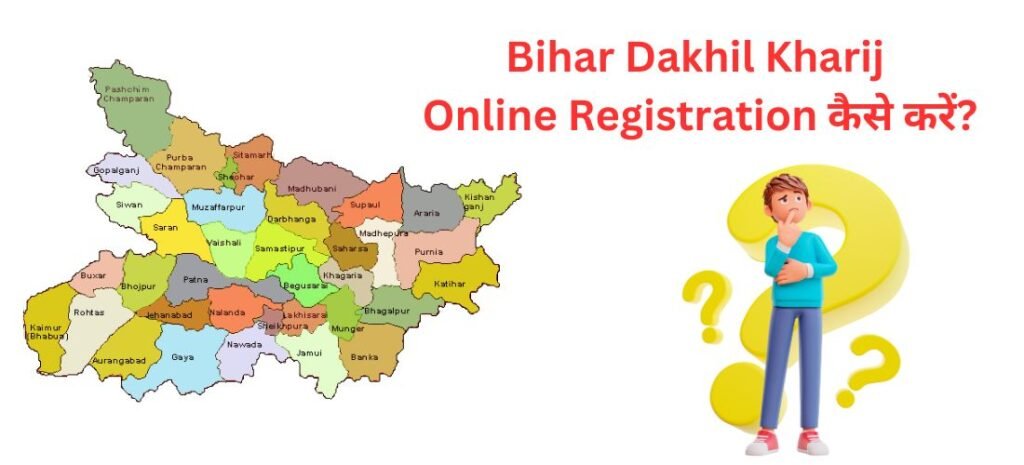Engaging children in learning has become increasingly challenging in today’s technology-driven society. One effective way to help children learn basic skills in reading, math, and logic is through games. Whether in groups or solo, digitally or in-person, children ages 4 to 12 will thoroughly enjoy the following games.
1. Osmo – Genius Starter Kit
Age Range: 5–10
Skills Developed: Math, spelling, creativity
Physical and digital play are integrated through Osmo. It aids skill development through drawing, counting, and spelling. Osmo is very beneficial for self-conscious readers and struggling preschoolers.
2. ABCmouse
Age Range: 4–8
Skills Developed: Early literacy, phonics, basic math
Reading, drawing, math, science, and art are included in the full curriculum offered by ABCmouse. Parents want their younger children to learn in a structured environment, and over 10,000 learning activities ensure that the kids will never run out of fun.
3. Prodigy Math Game
Age Range: 6–12
Skills Developed: Mathematics, problem-solving
Prodigy transforms math into an adventure game where children can explore worlds and solve math problems. Its adaptive problem solving features are useful for both new and experienced learners.
4. ThinkFun Gravity Maze
Age Range: 8+
Skills Developed: Logical reasoning, spatial awareness
As a physical puzzle, Gravity Maze aids children in developing mazes using logical design. This older kids’ screen-free favorite encourages critical thinking.
5. BrainPOP
Age Range: 6–12
Skills Developed: Science, social studies, English
Kids can learn health, technology, and other disciplines through organized pathways and are able to access animated videos and quizzes that simplify health, technology, and other complex topics through guided learning with BrainPOP.
6. LEGO Education Sets
Age Range: 5–12
Skills Developed: Engineering, creativity, teamwork
Kids develop LEGO-based learning and play that helps capture fundamental engineering and robotics skills. Through play, children learn vital scientific and technological concepts, which LEGO facilitates quite effectively.
7. Toca Life World
Age Range: 4–10
Skills Developed: Storytelling, imagination, role play
In Toca Life, students can design worlds and plot stories. Even if it’s not purely academic, it promotes imagination and critical thinking, expands vocabulary, and cultivates social awareness through creative play.
8. Rush: A Disney•Pixar Adventure
Age Range: 6–12
Skills Developed: Teamwork, hand-eye coordination
This Xbox game combines Disney and Pixar characters in cooperative adventure-based challenges that require problem-solving. It adds entertainment value through educational collaboration and team-based strategic thinking.
9. Scrabble Junior
Age Range: 5–10
Skills Developed: Vocabulary, spelling
This is the junior version of the famous board game. It combines spelling and word recognition in a friendly competition, family game night, and is excellent for improving vocabulary.
10. National Geographic Kids Games
Age Range: 6–12
Skills Developed: Geography, science, general knowledge
The Natgeo Kids has free games and quizzes with activities on nature, animals and cultures of the world. It serves as a wonderful resource for kids to understand the world in a more hands on and enjoyable way.
Final Thoughts
Learning games aren’t simply for passing time; they’re effective methods of integrating entertainment with essential skill development. Tablets, building kits, board games, and other gadgets and toys offer endless learning opportunities gamified for children. With many games available today, parents and teachers can ensure learning is both fun and effective by selecting games that are appropriate for the child’s age as well as their interests.


